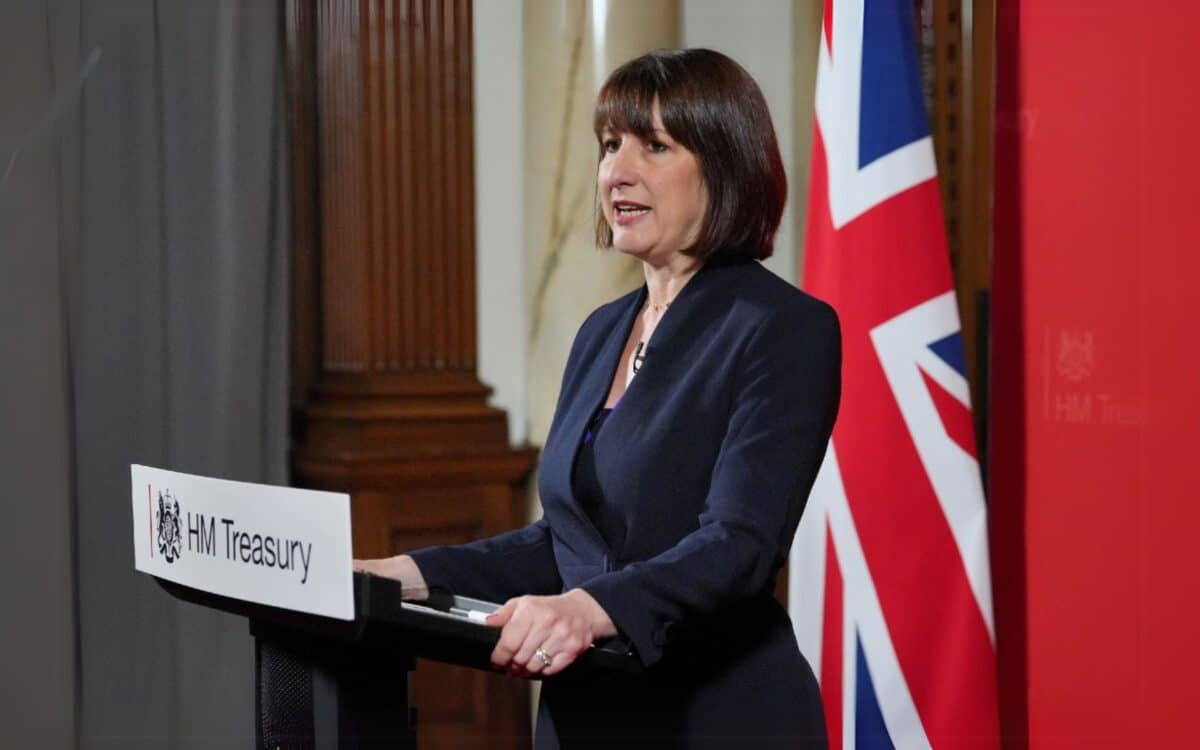A significant tax reform will take effect on April 6, 2025, bringing major changes to the UK’s taxation system. The government is set to abolish the non-domiciled (non-dom) tax status, impacting a wide range of individuals.
This reform is expected to affect thousands of people across the UK, particularly those with foreign ties. The shift in tax policy, aimed at creating a more inclusive system, has been met with mixed reactions.
According to the Manchester Evening News, this reform is part of the government’s broader efforts to adjust the country’s financial landscape. More details are emerging ahead of the implementation.
What Is Non-Dom Tax Status?
Under the current system, non-domiciled individuals – those whose permanent home for tax purposes is outside the UK – are taxed only on their UK earnings or funds brought into the UK. This allowed wealthy individuals to save significantly on their tax obligations by nominating a country with lower taxes as their domicile.
The government is replacing the concept of domicile with a system focused on tax residence. From April 6, 2025, individuals will be taxed based on their residency status, meaning anyone who resides in the UK long-term will pay tax on their global income and gains.
Chancellor Rachel Reeves announced the changes, emphasizing that they are intended to ensure all long-term residents contribute to the UK tax system.
What Does This Mean for Non-Doms?
The new system will end the preferential treatment for non-doms, making it more difficult for them to avoid paying taxes on foreign income. However, to ease the transition, the government is introducing a ‘Temporary Repatriation Facility’ that will allow individuals to bring foreign income into the UK at a discounted tax rate.
This facility, which allows non-doms to remit pre-6 April 2025 foreign income and gains, will be expanded. In response to concerns, Chancellor Reeves said :
But we have been listening to the concerns that have been raised by the non-dom community – Ms. Reeves said.
And in the finance bill, we will be tabling an amendment which makes more generous the temporary repatriation facility, which enables non-doms to bring money into the UK without paying significant taxes.
Incentives for New Arrivals
For those moving to the UK in the future, the government has designed a tax system that is aimed at attracting ‘the best talent and investment.’ New arrivals who have not been UK tax residents for the past 10 years will benefit from a four-year tax regime that applies to foreign income and gains.
This initiative is seen as a way to attract skilled workers and investment to the UK.
The changes have sparked criticism, especially among high-net-worth individuals and critics who argue that the reforms could drive wealthy residents out of the UK. According to reports, the UK saw a net loss of 10,800 millionaires in 2024, which was more than double the number lost in 2023.
In response, Chancellor Reeves defended the reforms, asserting that the increased tax revenue will fund public services. She also clarified that the government will not change any double taxation conventions with countries like India:
That’s not the case. We’re not going to be changing those double taxation conventions. So, countries like India, non-doms from India will not be affected by the inheritance tax changes – she said.
Inheritance Tax Reforms
Another major change is the shift from a domicile-based system for inheritance tax to a residence-based system. This will mean that foreign-earned income will be subject to UK inheritance tax if the individual is a long-term UK resident.
However, the government has assured that double taxation treaties, such as those with India, will not be affected by these changes in inheritance tax.
While the government expects the reforms to raise £33.8 billion over five years, there are concerns about the broader impact of the changes on the UK’s competitiveness.
Critics, including shadow chancellor Mel Stride, argue that the reforms will undermine the UK’s attractiveness for business and investment. Stride stated :
Labour’s Budget is falling apart in front of our eyes. At the election Labour said their plans would raise money, now they have been forced to admit their plans make the UK less attractive. But the damage is already done, tax revenue equivalent to hundreds of thousands of taxpayers has already been lost.
He continued :
Labour simply does not understand business and the economy, and working people are paying the price. It is obvious that this Chancellor is deeply out of her depth. She is losing control of the public finances and pressure is now building for yet more tax rises or spending cuts.
Despite the criticisms, a Treasury spokesperson reassured that the reforms would not affect the projected tax revenue :
While we do not expect these changes to impact the £33.8 billion of tax revenue that the OBR forecast to raise over five years, they reflect our continued engagement with stakeholders to make sure the reforms announced at Budget operate as intended.
The Temporary Repatriation Facility is designed to encourage non-doms to bring their funds to the UK, encouraging them to spend and invest this money here.”









